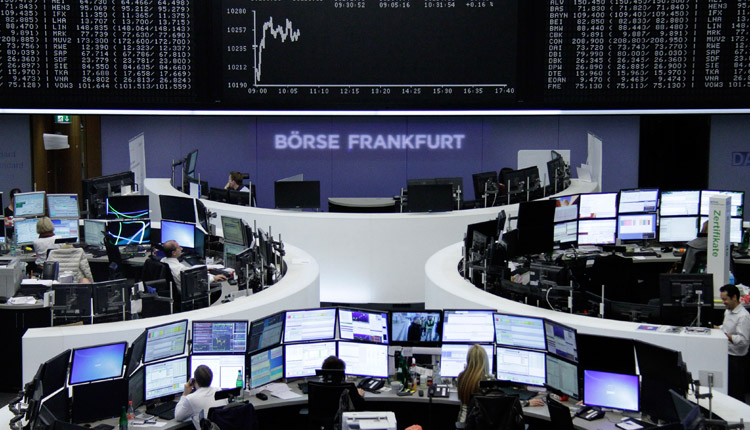European markets declined on Thursday amid increasing concerns over the spread of the China coronavirus and worries that the EU is the next target on President Donald Trump’s trade list.
The pan-European Stoxx 600 fell 0.4% in early trade, with basic resources dropping 1.4% to lead losses as all sectors and major bourses entered negative territory.
The coronavirus remains at the forefront of investor concerns as the death toll from the disease continues to rise; 17 people have now died from the virus and there have been nearly 600 confirmed cases of the infection.
The World Health Organization postponed a decision Wednesday over whether to declare the disease a global health emergency. Beginning Thursday morning Beijing time, all public transportation was suspended in the Chinese city of Wuhan, where the outbreak is believed to have started.
The outbreak comes ahead of the Lunar New Year period which is set to kick off on Saturday, with hundreds of millions of Chinese citizens expected to travel domestically or abroad during the period.
Meanwhile in Europe, focus continues on the World Economic Forum in Davos, Switzerland.
On Wednesday, President Trump sent a shiver through the European markets when he said the EU has “no choice” but to negotiate a new trade deal with the U.S. and if not, he would need to “take action” in the form of “very high tariffs on their cars and other things.” Trump said that Europe has been “very tough to deal with” and had “taken advantage” of the U.S.
Back in the U.S., Trump’s impeachment trial is playing out. On Wednesday, House Democrats began a three-day process of laying out their case to the Senate that Trump should be convicted and removed from office.
Markets will be watching the European Central Bank on Thursday as its governing board publishes its first monetary policy decision of the year on Thursday.
Not much is expected in the way of rate-change, but all eyes will be on Christine Lagarde’s announcement of the bank’s first strategic review since 2003, spanning a broad range of topics from digital currencies to climate change.











